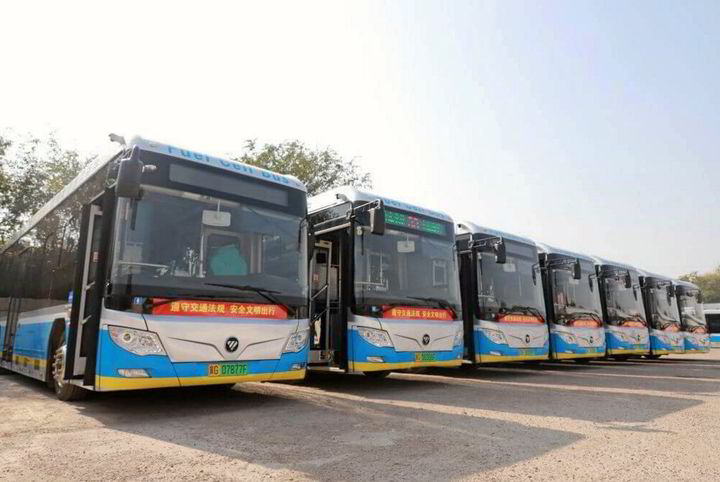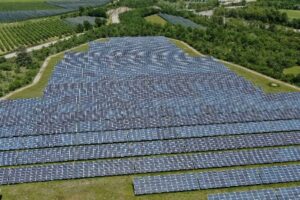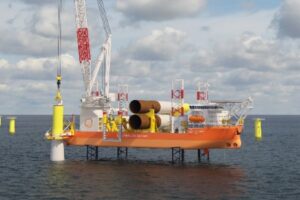Sales of hydrogen-powered vehicles in China rose by more than 70% in 2023

Around 6,000 fuel-cell electric vehicles (FCEVs) were sold in China in 2023, a year-on-year increase of 72%, according to statistics from the China Association of Automobile Manufacturers (CAAM).
In December alone, the country saw 1,512 FCEV sales, with 1,298 manufactured domestically.
This makes China the only Asian country that saw growth in hydrogen-powered vehicles last year, and probably the largest FCEV market in the world.
While South Korea registered 4,635 hydrogen-powered cars, trucks and vans in 2023, this was a 54% decrease year-on-year. Japan saw its FCEV sales nearly halve from 848 in 2022 to 422 last year.
Meanwhile, Germany — Europe’s largest FCEV market — only registered 263 hydrogen cars in 2023, a near-70% drop from the 835 registered in 2022.
Statistics for vehicle registrations in California, the only US state with significant numbers of FCEVs on the road — the only other market to China to see growth in the first half of this year — are yet to be released. As such, it is unknown whether the state’s months-long hydrogen fuel supply crisis has had an impact on new sales.
Article continues below the advert
Many of the FCEVs made and sold in China are heavy- or light-duty vehicles, rather than passenger cars.
A report by Chinese financial services firm Sinolink Securities tracking fuel-cell installations in road vehicles counted 2,260 in December, of which 2,247 went into commercial vehicles.
The firm also expects that as subsidies for urban demonstration projects start to flow and more refuelling sites are installed, “the number of vehicles will reach 12,000-18,000 in 2024, a year-on-year increase of 60%-140%”.
The Chinese national government targets 50,000 FCEVs on the road by 2025, with 100,000-200,000 tonnes of annual renewable hydrogen production capacity in operation by the same year.
However, CAAM’s statistics also show that FCEVs are still lagging significantly behind battery-electric vehicles, of which nearly 6.7 million were sold in China last year, and plug-in hybrids, which saw 2.8 million sales. This gives FCEVs only a 0.06% share of the “new-energy vehicles” market.







